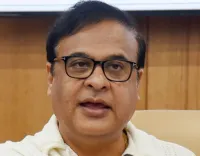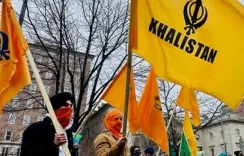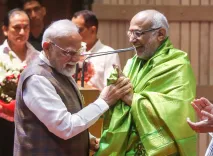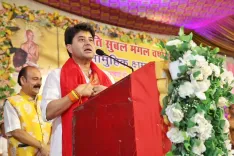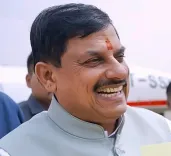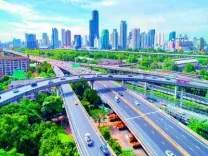Delhi Positions Itself as a Global Leader in Sustainable Public Transport: CM Atishi on RRTS
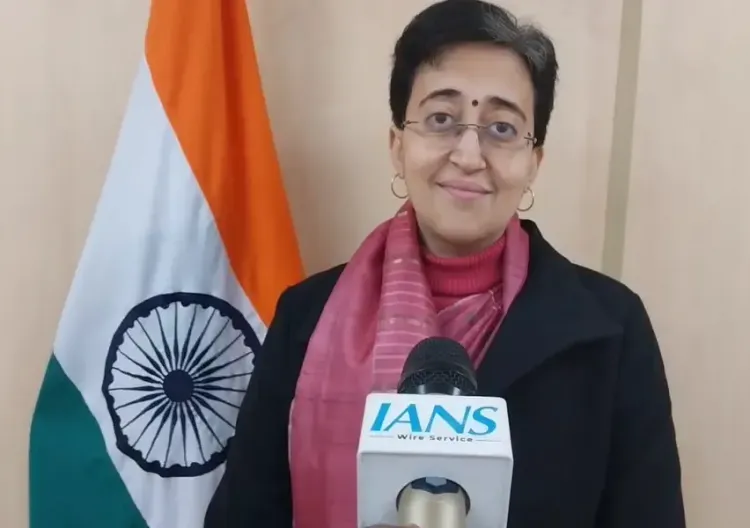
New Delhi, Jan 5 (NationPress) In a major advancement for Delhi's public transport framework, Chief Minister Atishi praised the initiation of critical projects aimed at improving connectivity, noting that the national capital is evolving into a global example for sustainable public transport.
In an interview with IANS, she underscored the efforts and financial commitment of the Delhi government in establishing the national capital as a benchmark for sustainable and efficient transportation.
The Regional Rapid Transit System (RRTS) line, which links Sahibabad to New Ashok Nagar, is part of a comprehensive strategy to merge the National Capital Region (NCR) with Delhi. This initiative is a joint endeavor involving the central government alongside the governments of Delhi, Uttar Pradesh, and Haryana.
On Sunday, Prime Minister Narendra Modi inaugurated the 13-kilometre segment of the Delhi-Ghaziabad-Meerut Namo Bharat corridor that runs between Sahibabad and New Ashok Nagar.
This project, constructed at an estimated cost of Rs 4,600 crore, signifies a pivotal achievement in regional connectivity, offering Delhi its inaugural Namo Bharat link.
"The Delhi government has allocated Rs 1,260 crore for the Delhi-Meerut RRTS line, which is anticipated to stimulate economic progress within the capital," stated CM Atishi.
In addition to the RRTS line, two significant metro initiatives are being launched: the extension of the Delhi Metro's Magenta Line from Janakpuri West to Krishna Park and a new phase connecting Rithala to Kundli.
Reflecting on these accomplishments, CM Atishi expressed, “I would like to congratulate the residents of Delhi. Today signifies the launch of the RRTS line in Delhi, a collaborative effort by both central and state governments. The RRTS line from Sahibabad to New Ashok Nagar is an essential advancement for linking the NCR region with Delhi.”
She further reiterated the Delhi government's dedication to enhancing metro connectivity: “Over the past decade, Delhi has experienced metro expansion at an unprecedented rate. During this time, 200 kilometres of metro lines have been completed, with an additional 250 kilometres currently under construction. The Delhi government has invested Rs 7,268 crore in the metro system over the last ten years.”
Atishi expressed pride in Delhi’s emergence as a global model for sustainable public transportation, adding, “I am thrilled to see that Delhi is now acknowledged for its effective and sustainable public transport systems. It is setting a standard not only for the rest of the country but for the entire globe.”


